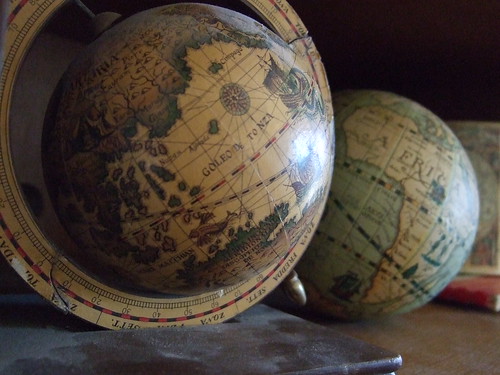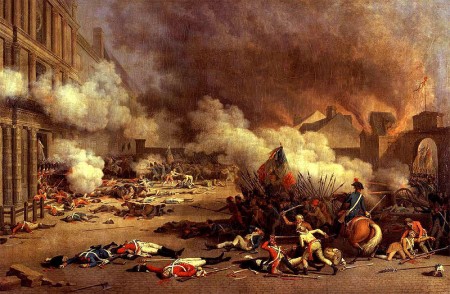
This article was originally published by the S. Rajaratnam School of International Studies (RSIS) on 21 October 2016.
Synopsis
The fourth industrial revolution will benefit mankind tremendously. We can also expect disruptions. Upholding state centrality will ensure continuity and stability amidst this seismic shift.
Commentary
The first, second and third industrial revolutions gave mankind steam power, electricity and electronics respectively. We are now entering the era of the fourth industrial revolution – a seismic shift that will give us a set of radically new technologies. When these technologies materialise – namely artificial intelligence (AI), the Internet-of-Things (IoT), 3D printing, bio printing, gene editing, autonomous vehicles (AVs) and so on – the world as we know it today will be dramatically transformed.
We can look forward to enhanced longevity. Given persistent shortage in human organs for transplant, bio-printing – a process which draws on 3D printers to create human organs – will let hospitals ‘print out’ human organs on-demand. Cutting down on their development cost, new drugs can be experimented on 3D-printed human organs to quickly establish their efficacy and safety. Gene editing can mean that babies in future will be born free of many genetic disorders.



